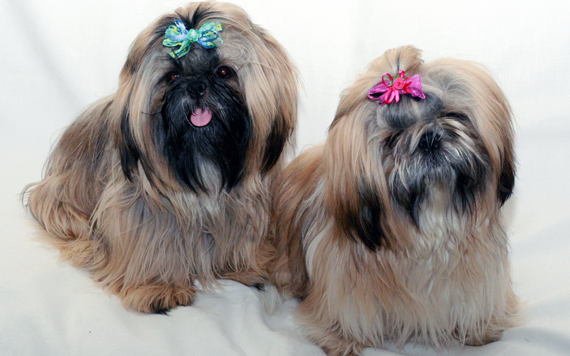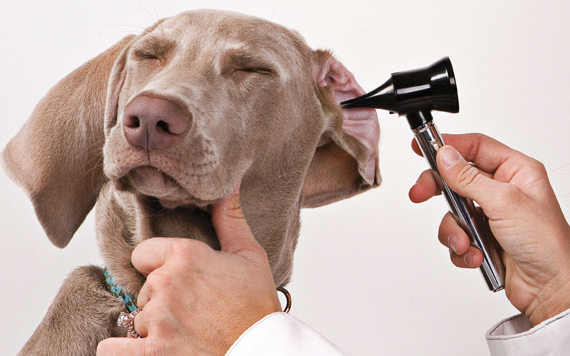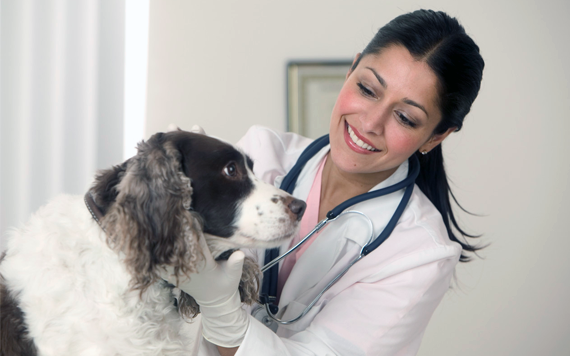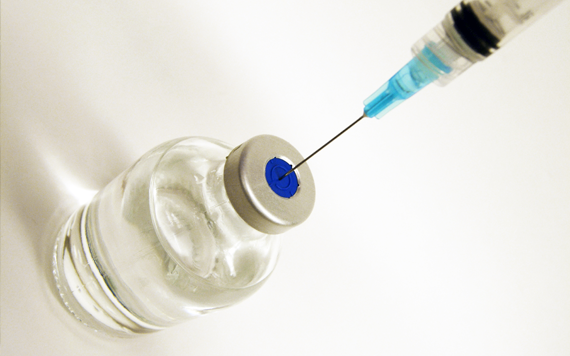Knowledge Corner
Sed rhoncus leo sodales metus tincidunt eleifend. Phasellus enim eros, faucibus eget convallis eu, egestas a libero. Proin porttitor congue dolor a accumsan. Vivamus mattis pharetra tellus sed placerat. Duis magna purus, elementum eu sollicitudin vitae, sodales in odio. Pellentesque habitant morbi tristique senectus et netus et malesuada fames ac turpis egestas. Phasellus cursus hendrerit convallis.
Canine blood groups & transfusions
Animals, like people, have different blood groups. Erythrocytes (red blood cells) have structures called antigens that produce antibodies. Different antigens produce different antibodies and thus are separated into different blood groups. Dogs have 8 known antigens and thus 8 blood groups: DEA 1.1, DEA 1.2, DEA 3, DEA 4, DEA 5, DEA 6, DEA 7 and DEA 8. Dogs can be either positive (ie. the antigens are present) or negative (ie. the antigens are absent) for each blood group, much like humans.
Blood groups play an important role in blood transfusions as incompatibility between different antigens can cause a Hemolytic Transfusion Response (HTR), a potentially life-threatening condition. The antigens being transfused are not recognized by the recipient’s red blood cells and thus elicit an immune response, whereby antibodies are produced to destroy the donor red blood cells. Not only does this cause the transfusion to fail but it can cause further complications such as kidney failure.
The antibodies DEA 4 and DEA 6 are present in 96% of the canine population and thus dogs that are only positive for DEA 4 or DEA 6 are considered universal donors. Additionally, dogs that are DEA 1.1+ are considered to be universal recipients of blood transfusions and those that are DEA 1.1- are universal donors.
Diseases commonly seen in Dubai
Health hazards
Obesity
Obesity is a serious disease that has a negative impact on the overall health of the animal and increases their risk of developing chronic health problems including endocrine disorders, cardiovascular diseases, respiratory diseases, orthopedic diseases, metabolic disorders and lowered immunity. New research has shown than 40% of dogs and 46% of cats have problems maintaining a healthy weight and are classified as overweight or obese. Don’t let your pet be one of these statistics! Make an appointment today with one of our vets for advice on a diet tailored to your pet’s needs.
Stress & Anxiety
Loud noises associated with fireworks, firecrackers and storms often cause your animals to become distressed, commonly causing the following symptoms :
- Drooling
- tremors
- Panting
- Hiding behavior
- Howling
- Barking
- Attachment to owner
- put your pet into a darkened room with his favorite toys
- do not show your concern and act as if nothing has happened
- do not punish your pet if it is frightened as this only confirms that there is something to fear
- do not overly stroke your pet because it will read as a reward , strengthening its stress response
Feline blood groups & transfusions
Cats have similar blood groups to humans: A, B, and AB. Type A is the most common blood group, with type AB being the rarest. Unlike dogs, there is no universal donor blood type for cats.
If cats with blood type A are transfused blood type B, and visa versa, this can cause a HTR thus it is essential that cats with blood type A are given blood type A and cats with blood type B are given blood type B.





